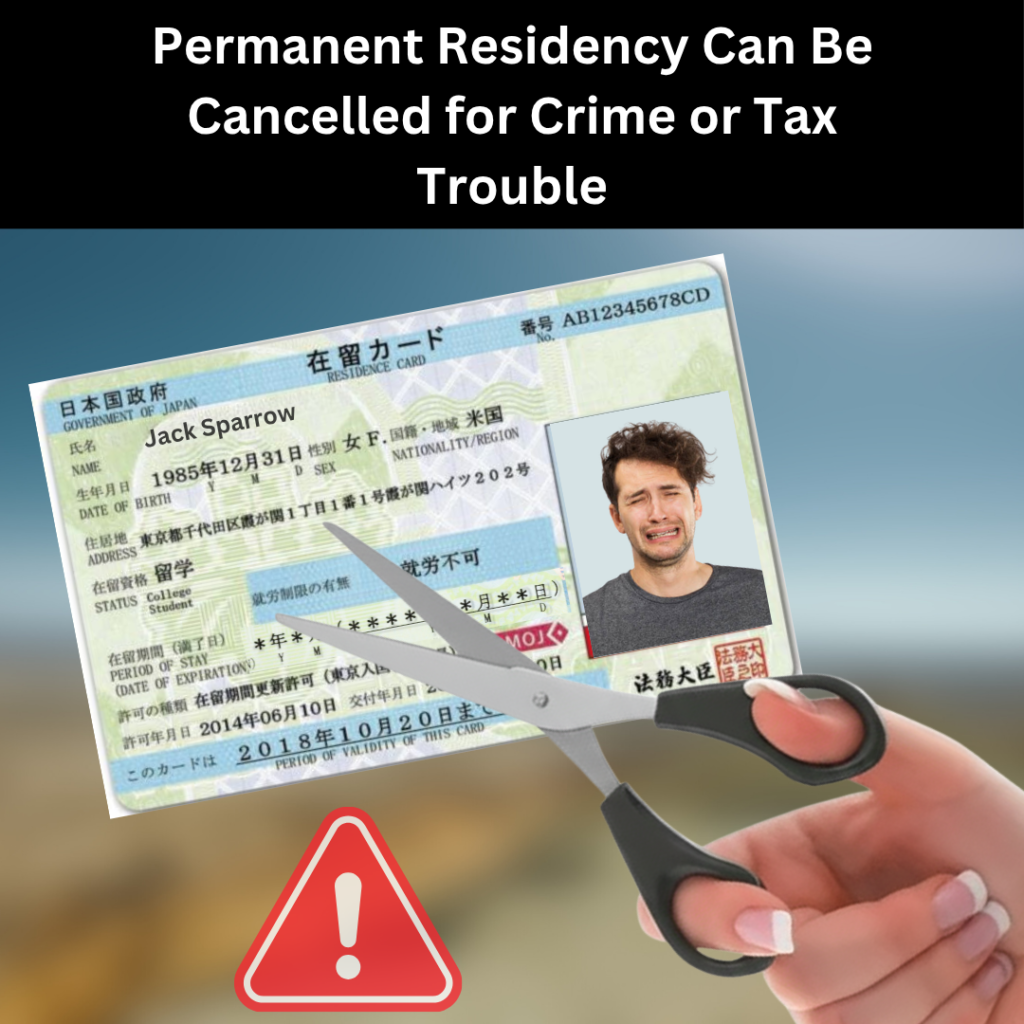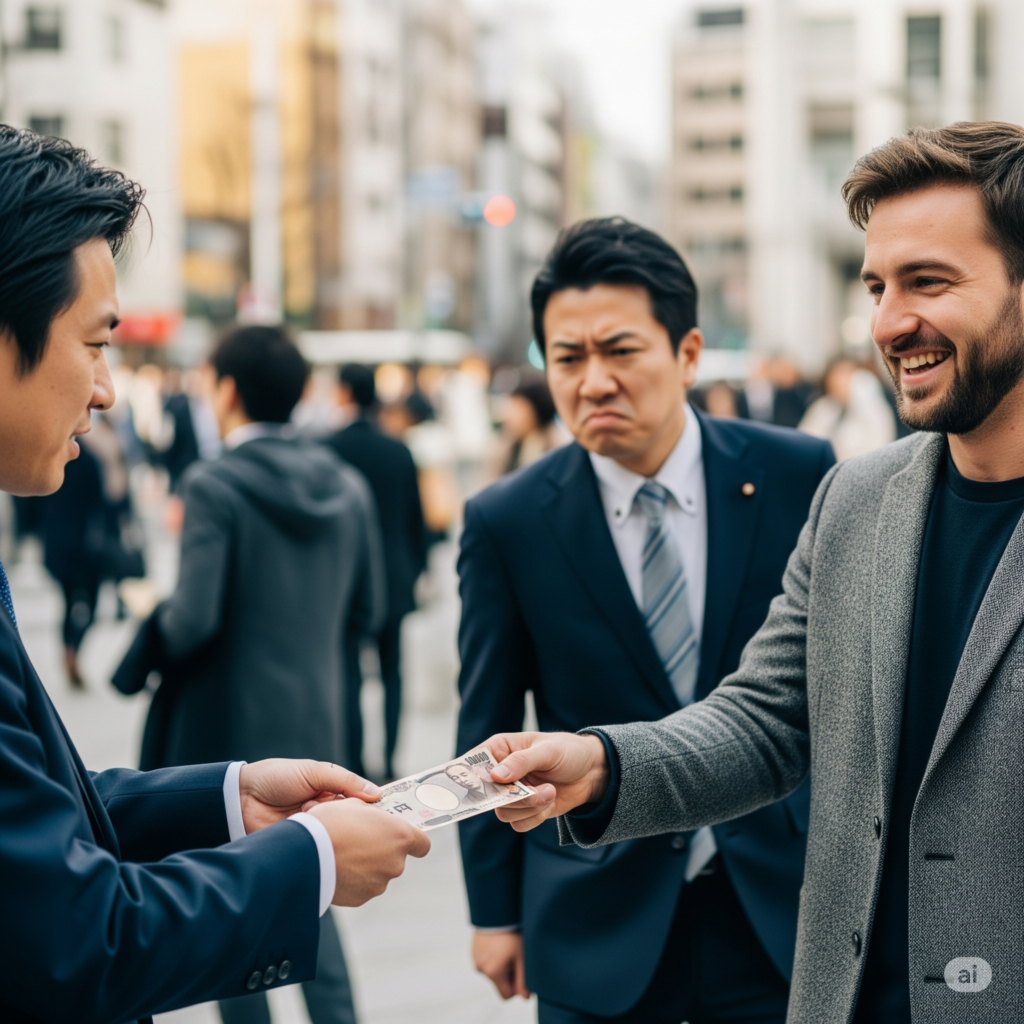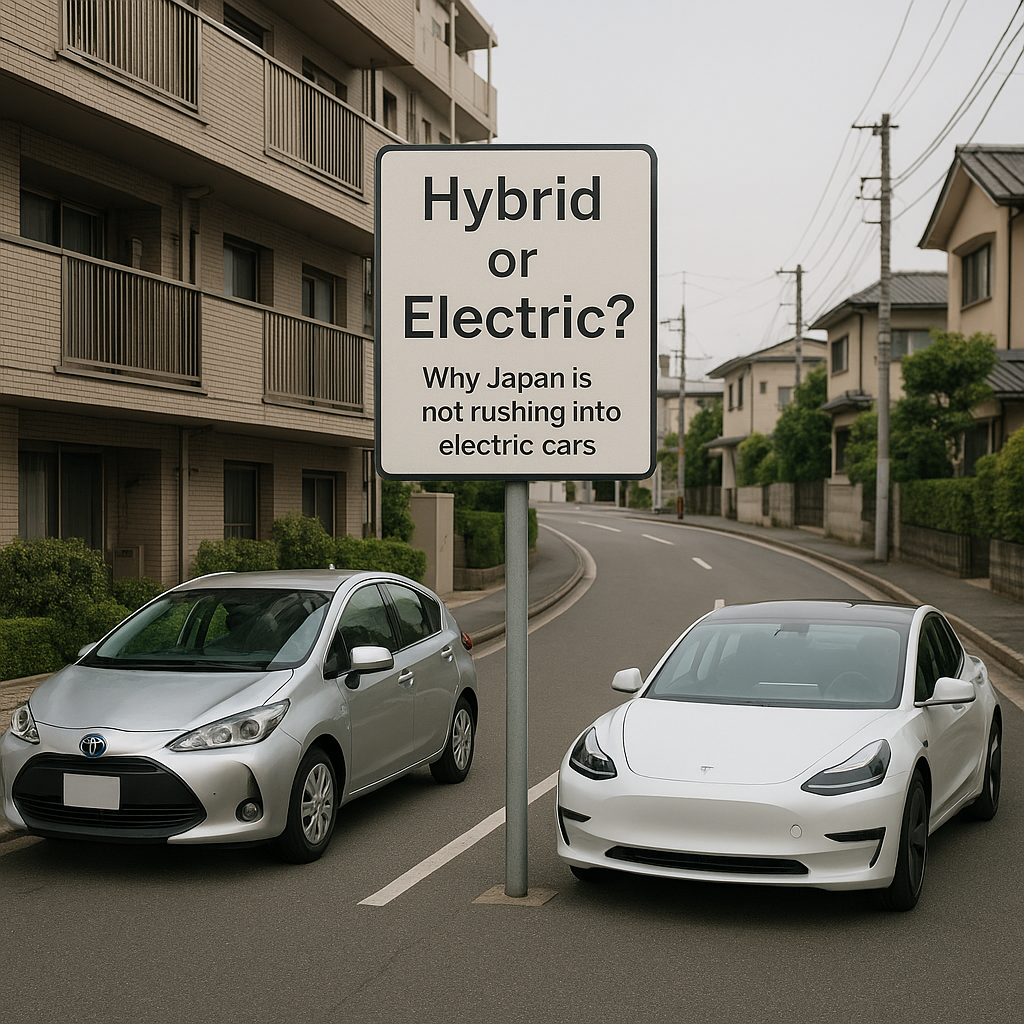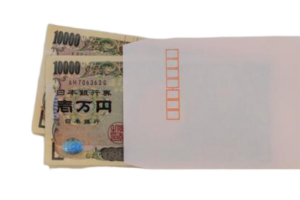Japan And Automobile News
Stay updated with the latest automotive trends, new car models, and technology from Japan!

🚨 Japan’s New Law: Permanent Residency Can Be Cancelled for Crime or Tax Trouble
✅ How to Get Permanent Residency (PR) in Japan – All Legal Options
To qualify for PR, Japan’s Immigration Services Agency (ISA) looks at your visa type, your residency period, your income, and your behavior (like taxes and legal records).
Here are the main routes to PR:
1. 🕰️ Standard Route: 10 Years Continuous Residency in Japan
You must have lived in Japan for 10 years or more.
Out of those 10 years, at least 5 years must be on a work visa (like Engineer, Skilled Labor, Instructor, etc.).
You must show stable income and have paid all taxes, health insurance, and pension properly.
No criminal record or immigration violations.
This is the most common and general route for foreigners working in Japan.
2. 💼 Highly Skilled Foreign Professional (HSFP) Fast Track: 1–3 Years
If you’re on a “Highly Skilled Professional” visa, you can get PR faster depending on your points score:
PR after 1 year if you score 80 points or more
PR after 3 years if you score 70 points
Points are given based on:
Education level
Japanese language skills
Annual income
Age
Work experience
✅ Great option for engineers, researchers, professors, or business managers.
3. 💍 Spouse of Japanese National or Permanent Resident: After 3 Years
If you’re married to a:
Japanese citizen
Or another Permanent Resident
You can apply for PR if:
You have been married for at least 3 years, and
Lived in Japan for at least 1 year
📝 You still need to show financial stability and no criminal record.
4. 👪 Child of a Japanese National or Permanent Resident
If you are:
A biological or legally adopted child of a Japanese national or PR holder
And currently live in Japan
You may qualify for PR immediately, depending on your visa type and situation.
5. 🧓 Long-Term Special Cases (Refugee, War Displacement, etc.)
People granted long-term residence for humanitarian reasons (e.g. Indochinese refugees, war evacuees, orphans) may eventually be granted PR based on individual case review.
6. 👤 Special Contribution to Japan
If you’ve made a significant contribution to Japan in arts, sports, business, science, or cultural diplomacy, the government may approve PR as an exception, even without meeting the 10-year rule.
📌 General Requirements for All Applicants
No matter which path you choose, you must also:
Be of good conduct (no crimes, no immigration violations)
Be financially independent (have a stable job or family support)
Pay all your taxes, insurance, and pension properly
Usually have a valid visa of at least 3 years (or 5 years in some routes)
🎉 Benefits of Permanent Residency
Live and work in Japan forever—no visa renewals
No restriction on job type or employer
Easy travel in and out of Japan with re-entry permit
Better access to bank loans, housing, public services
More stability and trust compared to other visas
⚠️ When You Might Lose Permanent Residency
Japan’s new law allows cancellation of PR status for certain reasons:
1. Deliberate Non‑Payment of Taxes or Social Insurance
If you intentionally fail to pay taxes or pension/health insurance (and can afford it), PR can be revoked
2. Criminal Offenses — even less serious than before
Crimes such as fraud, theft, assault, drug-related offenses or short prison sentences may now trigger PR revocation—even if under one year .
3. Violating Residence Card Rules
Not carrying your residence card, or failing to report address changes within 90 days, may lead to status cancellation
4. Staying Outside Japan Too Long
Leaving Japan without a valid re-entry permit or staying over the allowed period (1 year or more) can automatically end your PR rights
5. Fraud in Your Application
If PR was granted based on false documents or lies, this can be found years later and lead to cancellation .
🚫 What Happens If Your PR Is Cancelled?
You lose the right to live freely in Japan as a PR.
You could be deported, or assigned a lower-status visa (like Long‑Term Resident or Spouse visa)—there’s no guarantee you get another visa
Even if allowed to stay under another visa, you would need to reapply for PR from scratch, following all normal criteria––no special preference for past PR ,Financially and socially, you may lose access to long-term loans, public perks, or even community trust.
🧠 How to Protect Your Permanent Residency
Here’s what to do every year:
Pay your income taxes and local tax, pension, and health insurance promptly.
Always carry your Residence Card, and report your address change within 14–90 days (follow local ward rules)Avoid criminal activity—just follow laws and regulations.
Don’t stay abroad for more than allowed time without proper re-entry permission.
Inform authorities if your employment, marital status, or personal situation changes.
🙋♀️ Final Thoughts
Permanent residency has been one of the most stable and supportive visas in Japan. But with recent legal changes, residents must now stay extra careful—especially about taxes, public fees, and minor legal details.
✅ To keep your PR safe: be honest, pay what you owe, follow residence rules, and avoid legal trouble.
Your life in Japan is precious—stay informed, stay responsible, and you’ll keep enjoying the benefits of PR.

💸 Japan Is About To Give ¥20,000 To Everyone – Including Foreigners Living There,But some do not like it
If you’re living in Japan right now, we’ve got some very good news.
The Japanese government is officially planning to give away free money to help people with the rising cost of living – and yep, foreigners are getting it too.
🤑 So, what’s the deal?
Every single resident in Japan – no matter your nationality – is set to receive ¥20,000 in cash from the government.
That’s right. You don’t need to be Japanese. You don’t need to be a voter. If you live here legally, you’re in.
And if you’ve got kids or you’re on a low income? You could be getting ¥40,000. Yes, seriously.

Why Japanese People Don’t Love Electric Cars Like Europeans Do?
If you’re a foreigner living in Japan, you may have wondered:
“Why don’t Japanese people drive electric cars (EVs) as much as in Europe or other countries?”
That’s a smart question — and the answer is not just about technology, but also about culture, lifestyle, and even natural disasters.
Let’s break it down 👇
1. 🚗 Japan Already Loves Hybrid Cars
Japan is the home of hybrid cars like the famous Toyota Prius. These cars use both gasoline and electric power — and they’ve been around for over 20 years.
Japanese drivers trust hybrids and believe they are already eco-friendly.
Many people feel, “Why switch to a full electric car when my hybrid works just fine?”
2. 🏠 People Don’t Drive Long Distances
Most people in Japan use their cars for short trips — to the station, supermarket, or daycare.
Japan has great trains and buses, so many people don’t need a car every day.
Small cars like kei cars are cheap, fuel-efficient, and easy to park — perfect for Japanese cities.
So full EVs feel like more than they need.
3. ⚡ Charging Is Still a Problem
Electric car charging stations are not everywhere in Japan.
Many people live in apartments (called “mansions”) with no space to charge a car.
Public charging stations are growing, but not as fast as in Europe.

🚗 New to Cars? Here’s the Only Car Maintenance Guide You’ll Ever Need!
Owning a car is exciting—but it also comes with responsibility. If you’re new to cars, or don’t know much about how they work, don’t worry. Taking care of your vehicle doesn’t require you to be a mechanic. Just follow this simple guide and your car will stay healthy, safe, and ready to take you anywhere.
🛢️ 1. Check Your Oil – It’s the Car’s Blood!
Oil keeps your engine running smoothly. But over time, it gets dirty and loses its power.
What to do:
Open the hood and pull out the oil dipstick.
Wipe it, put it back, then pull it out again to check the level and color.
If the oil is too low or black and dirty, it’s time to change it.
Do this check once every 2–4 weeks.
🛠️ Bonus Tip: Even if you don’t drive much, oil still ages. Change it every 6 months or 5,000–7,000 km.

🚨 How Donald Trump’s Tariff War Is Shaking Up Japan’s Car Industry – And What It Means for You
By Hiroshima Cars News Team
If you’re working in a car factory in Japan or love driving Japanese cars, here’s something you should keep an eye on: Donald Trump is back in the headlines—and this time, his tough stance on trade could hit Japan’s auto industry harder than ever.
So what’s going on, and why should you care? Let’s break it down.
 Why Did Trump Go After Japanese Cars?
Why Did Trump Go After Japanese Cars?
Back when Donald Trump was president (2016–2020), he believed that the U.S. was losing in global trade—especially with countries like China, Germany, and yes, Japan. He claimed Japan was sending too many cars to the U.S., while American car companies struggled to sell their vehicles in Japan.


